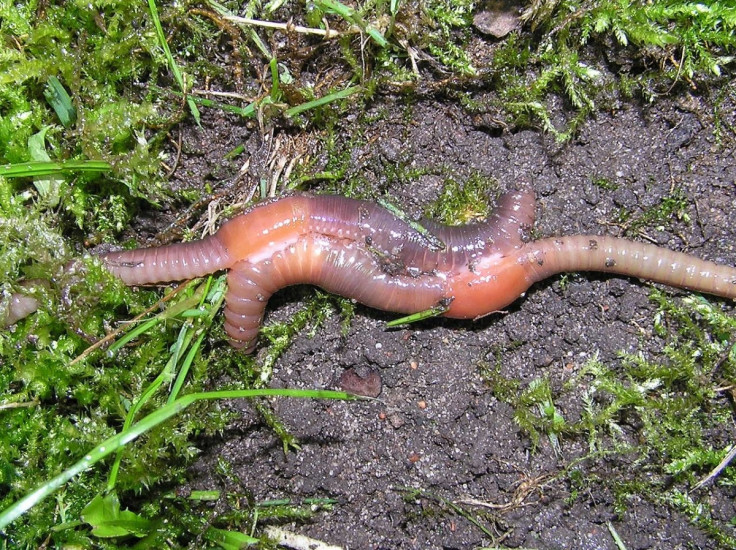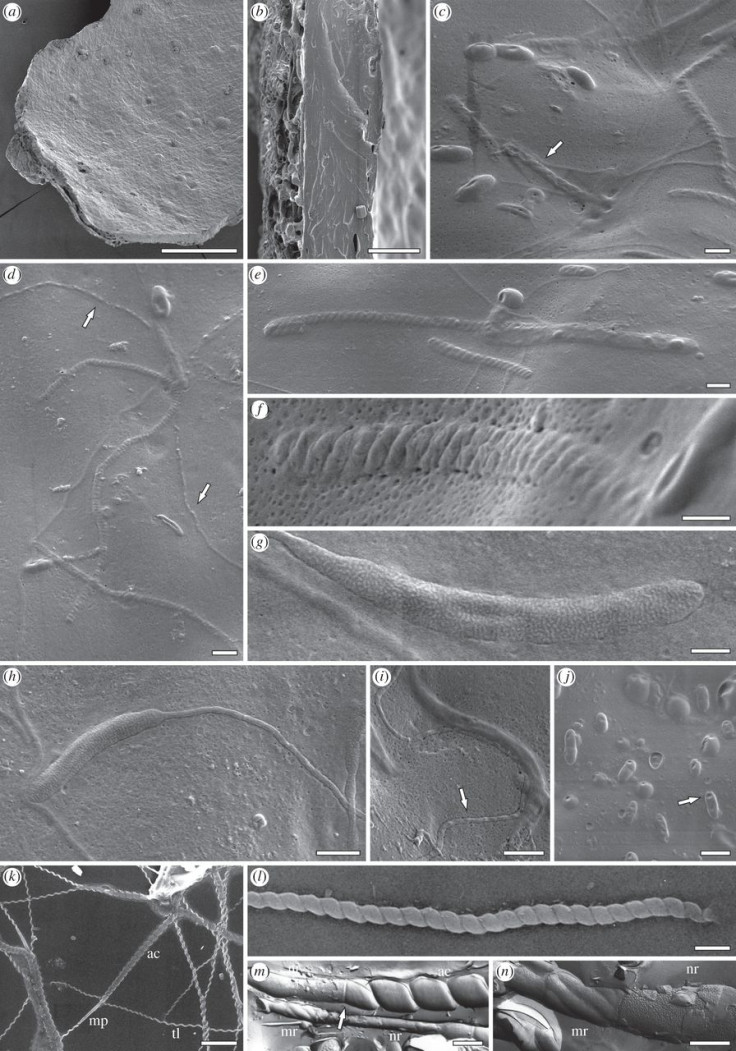50 million-year-old fossilised sperm discovered in worm cocoon - by accident

Researchers have discovered the world's oldest animal sperm in the walls of an ancient cocoon.
It belonged to what scientists believe was the ancestor of the modern-day crayfish worm, which roamed the Earth some 50 million years ago.
Published in Biology Letters, the study says that researchers found the cocoon-entombed worm sperm on land near the Antarctic Peninsula called the Marambio Island. The cocoons were that of a fossilised Clitellata - a family of worms that includes the likes of earthworms and leeches.

Sperm cells live for a very short time before decaying, so to remain preserved for 50 million years is quite a feat. It is believed to be older than the previous oldest fossilised sperm by at least 10 million years.
Additionally, the new discovery has given researchers hope that cocoons may be where to look for fossilised sperm, which helps scientists better understand evolution.
Dr Benjamin Bomfleur, palaeontologist at the Swedish Museum of Natural History and lead author of the study, told MailOnline: "Because sperm cells are so short-lived and fragile, they are vanishingly rare in the fossil record.
"Our discovery of sperm in a leech cocoon from Antarctica is the oldest record of fossil animal sperm and one of only a tiny number of such fossils in the geological record.
"Most soft-bodied, single-celled organisms have little if any fossil record. This discovery offers an opportunity to discover a great deal about the evolutionary history of micro-organisms for which we previously had little fossil data."
The scientists noted the sperm cells by using an electron microscope to closely scrutinise the fossil structure of the cocoon shell. Following this, they used powerful x-rays to examine the interior, and ultimately found bacteria and sperm cells.
© Copyright IBTimes 2025. All rights reserved.






















